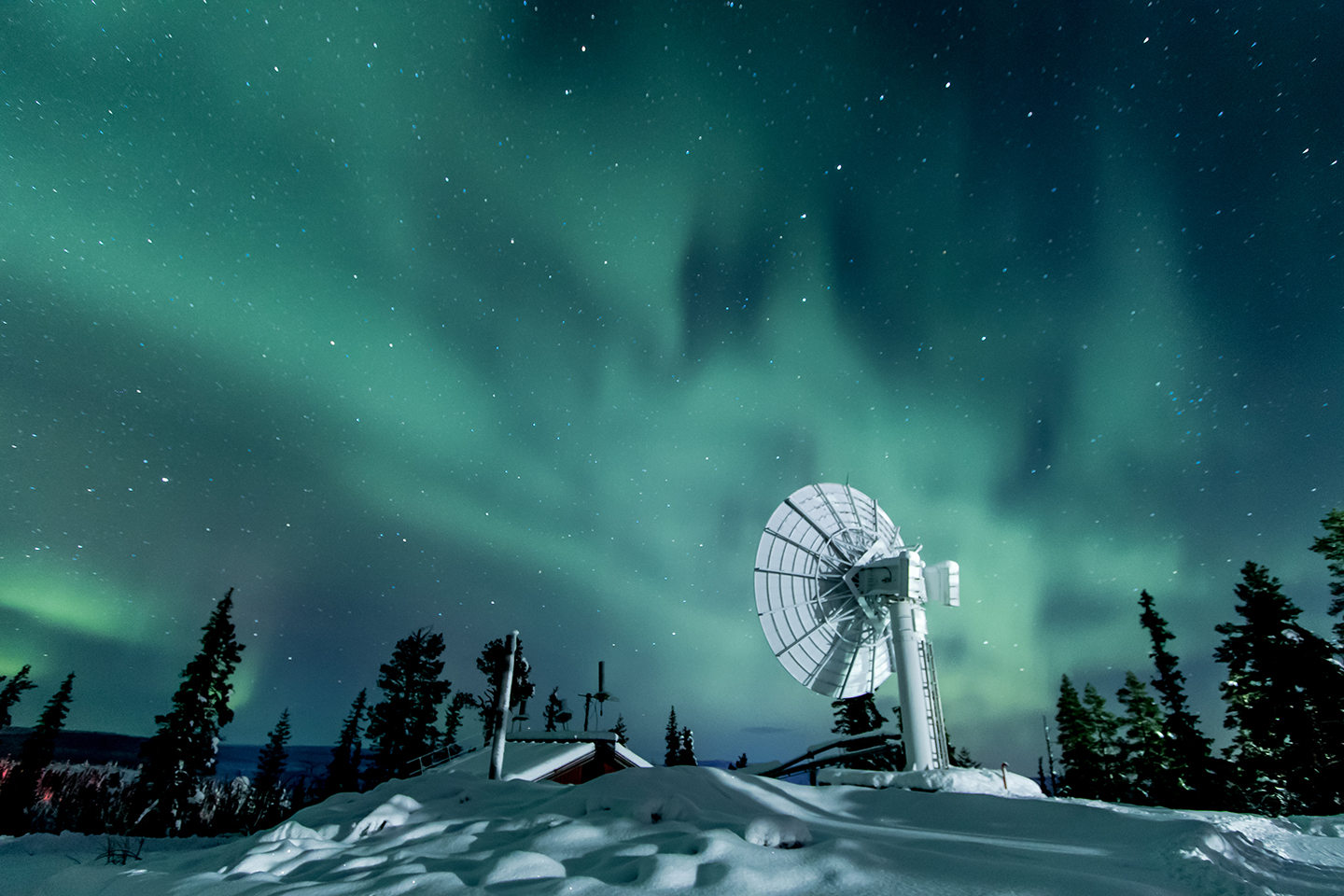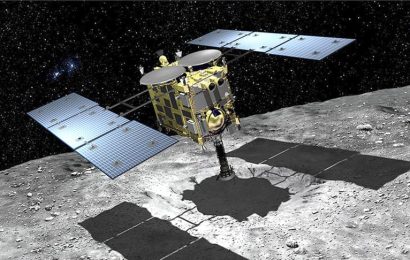An orbital launch complex for satellites opened on Friday, in Sweden located in the very north, above the Arctic Circle. Esrange Space Center became mainland Europe’s first satellite launch complex and is meant to supplement and strength current capabilities of Guiana Space Centre in French Guiana, which is operated by the European Space Agency (ESA) and Arianespace.
“This spaceport offers an independent European gateway to space. It is exactly the infrastructure we need, not only to continue to innovate but also to further explore the final frontier,” said Ursula von der Leyen, President of the European Commission, during the opening ceremony. “The important work you have been doing here for many years is a shining example of the enormous potential of space-based research to indeed improve our daily life.”
The first satellite launch from Spaceport Esrange will happen this year. “Apart from the launch service for small satellites, coordinated measurements using satellites, sounding rockets, balloons, and ground instrumentation will be possible,” as the center’s website states.
Satellites have a wide range of usages from communications, earth observation, weather forecasting to security and many more. “If we want to efficiently track the effects of climate change, space provides 60% of the measurements we need. Just look from space and you have the majority of data that you need to understand what is going on. Or take civil protection or traffic management. I will never forget the help we got from Copernicus amidst the pandemic, when we had to establish our green lanes to manage at best in a very critical situation,” said President von der Leyen.
Spaceport Esrange describes itself as “the world’s most versatile space center”, having more than 55 years of experience and has already launched around 575 suborbital rockets and 675 balloons. In the inauguration press release, SSC stated: “around 10,000 new satellites are expected to be launched over the next few years, and by 2040 the total number of satellites could reach a 100,000 – compared with the 5,000 operational satellites in orbit today.”
Source: highnorthnews.com




